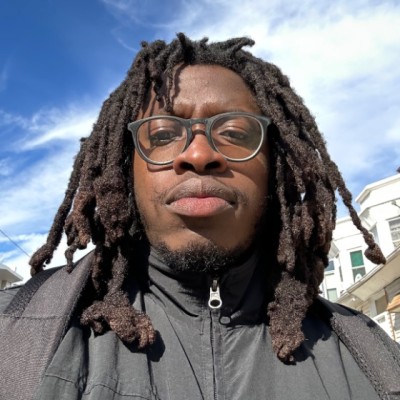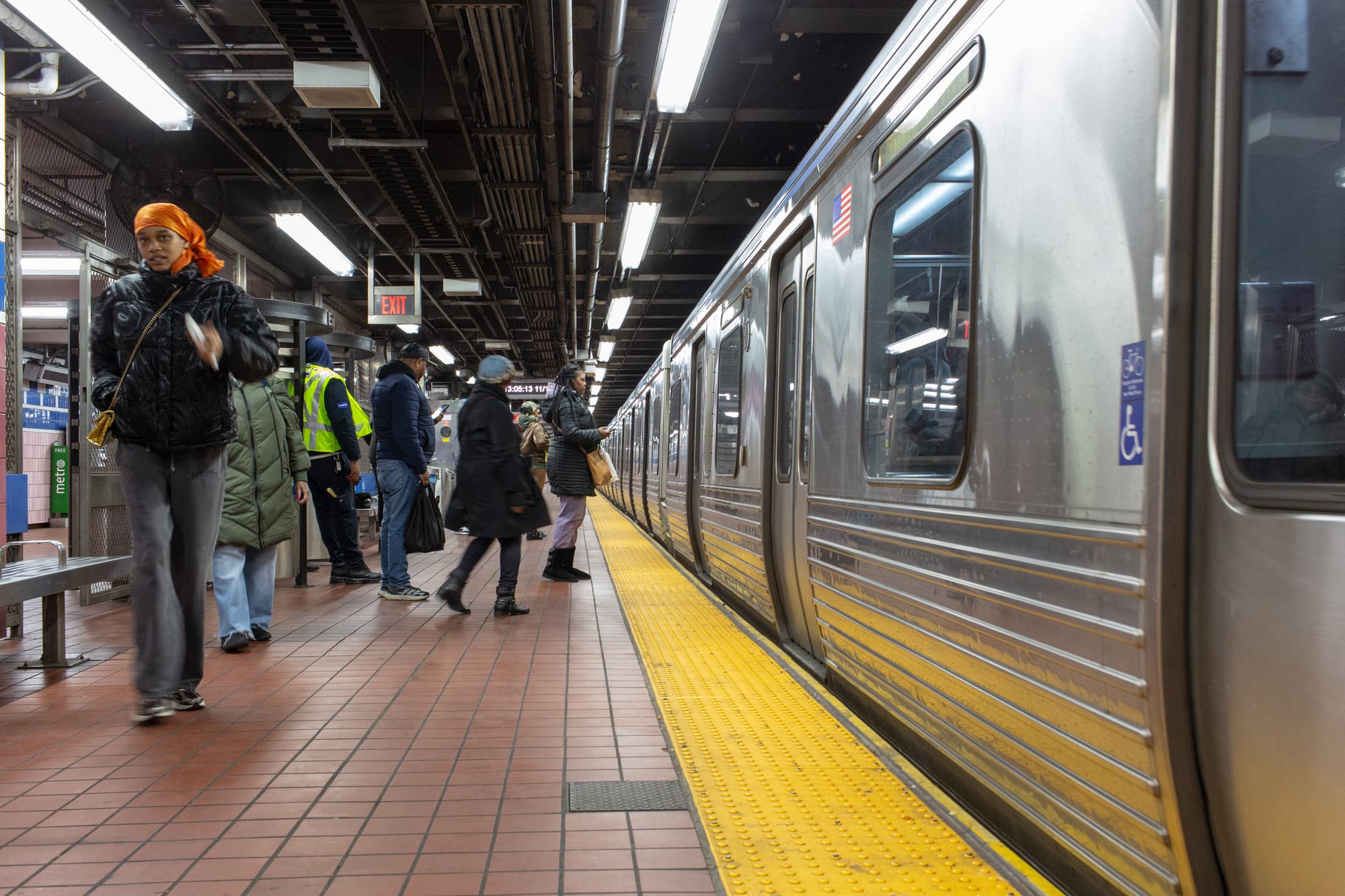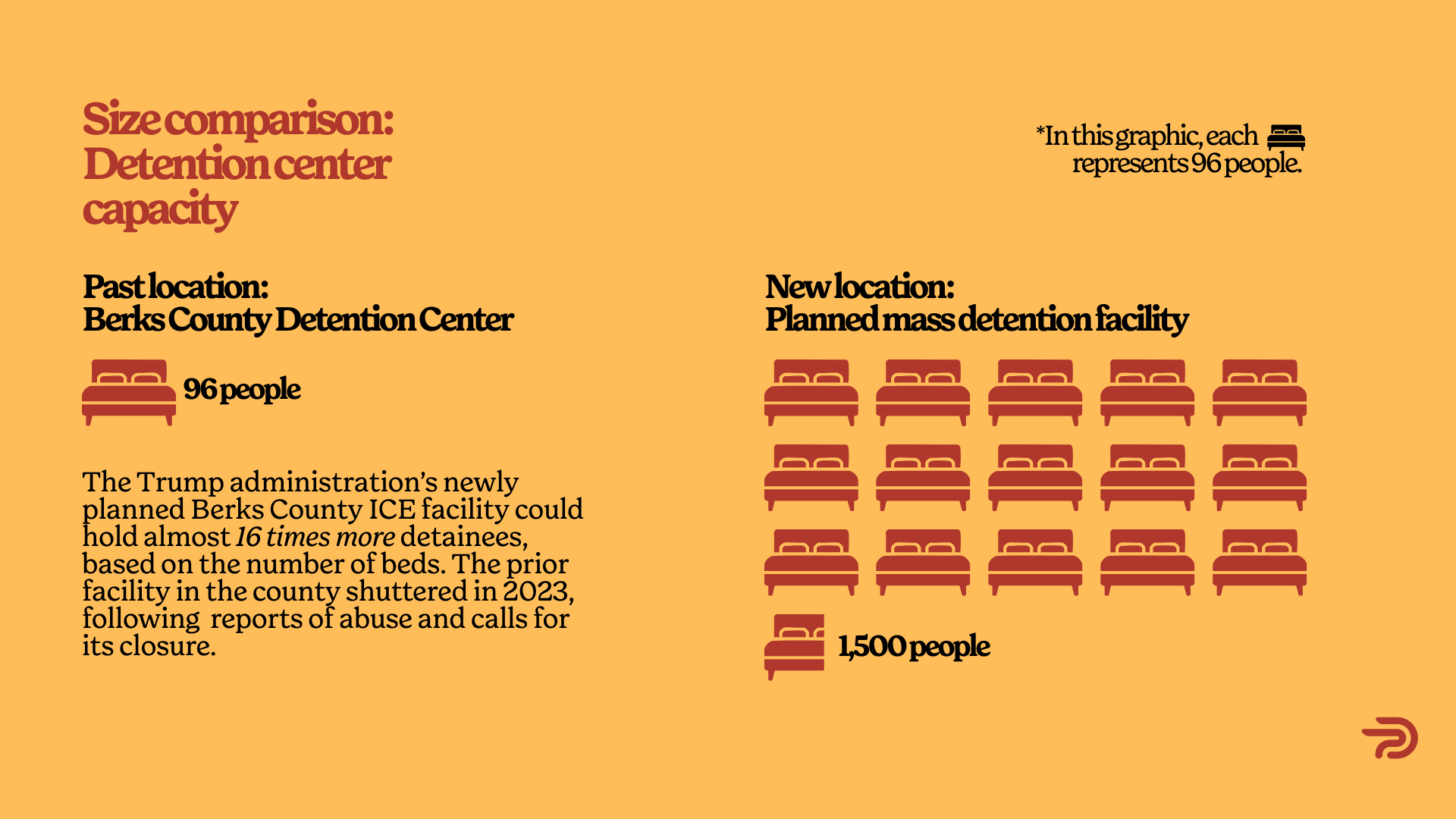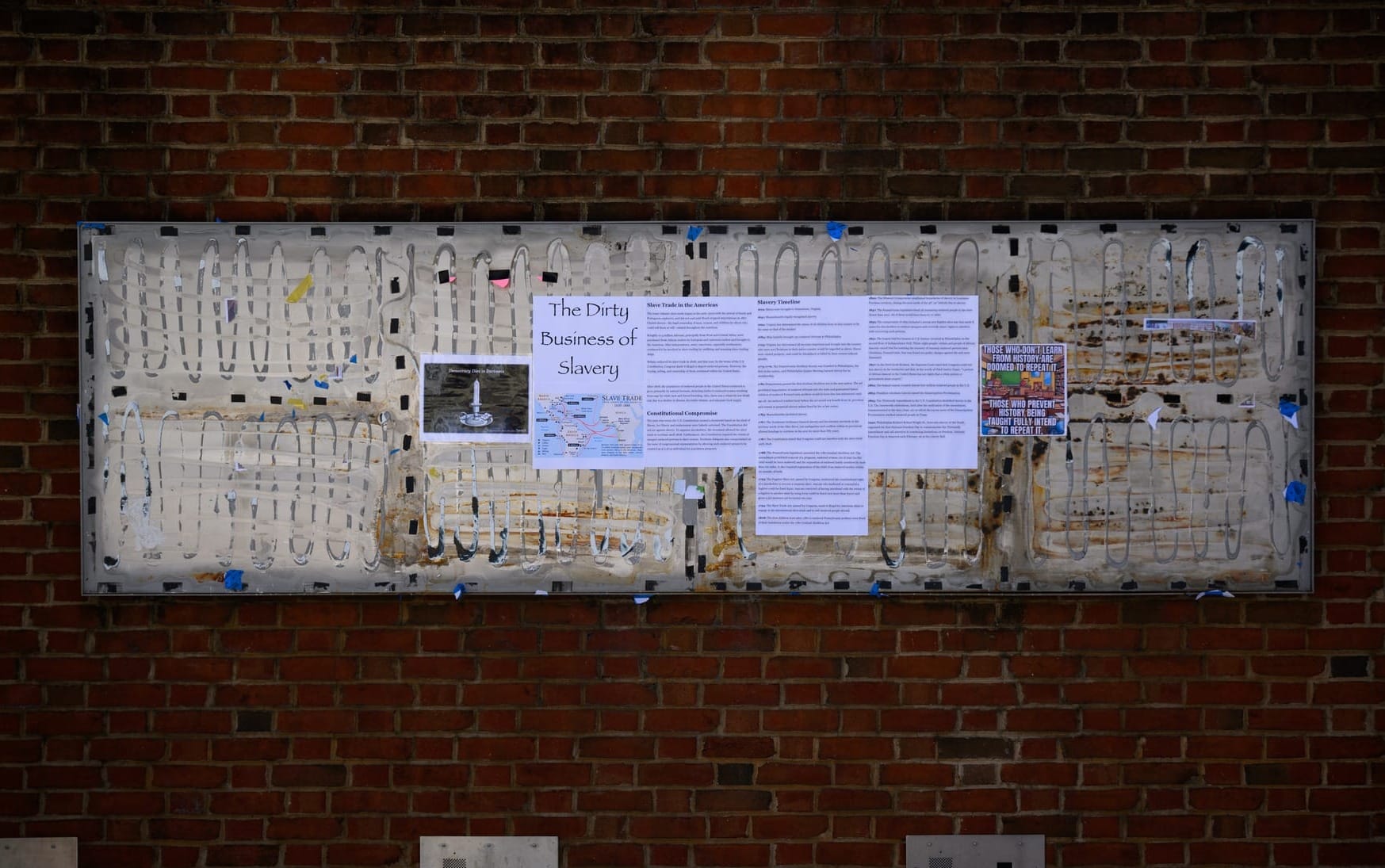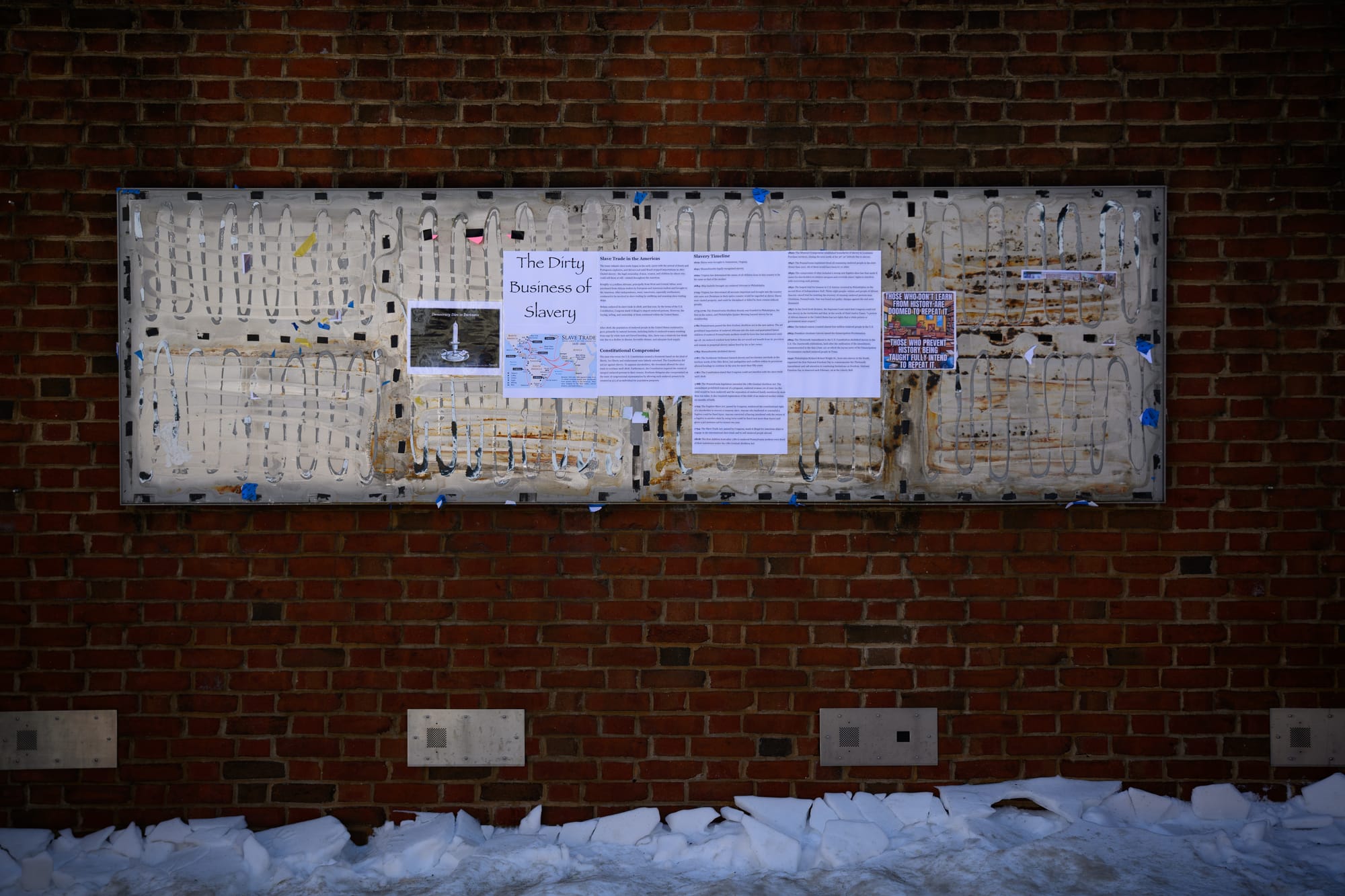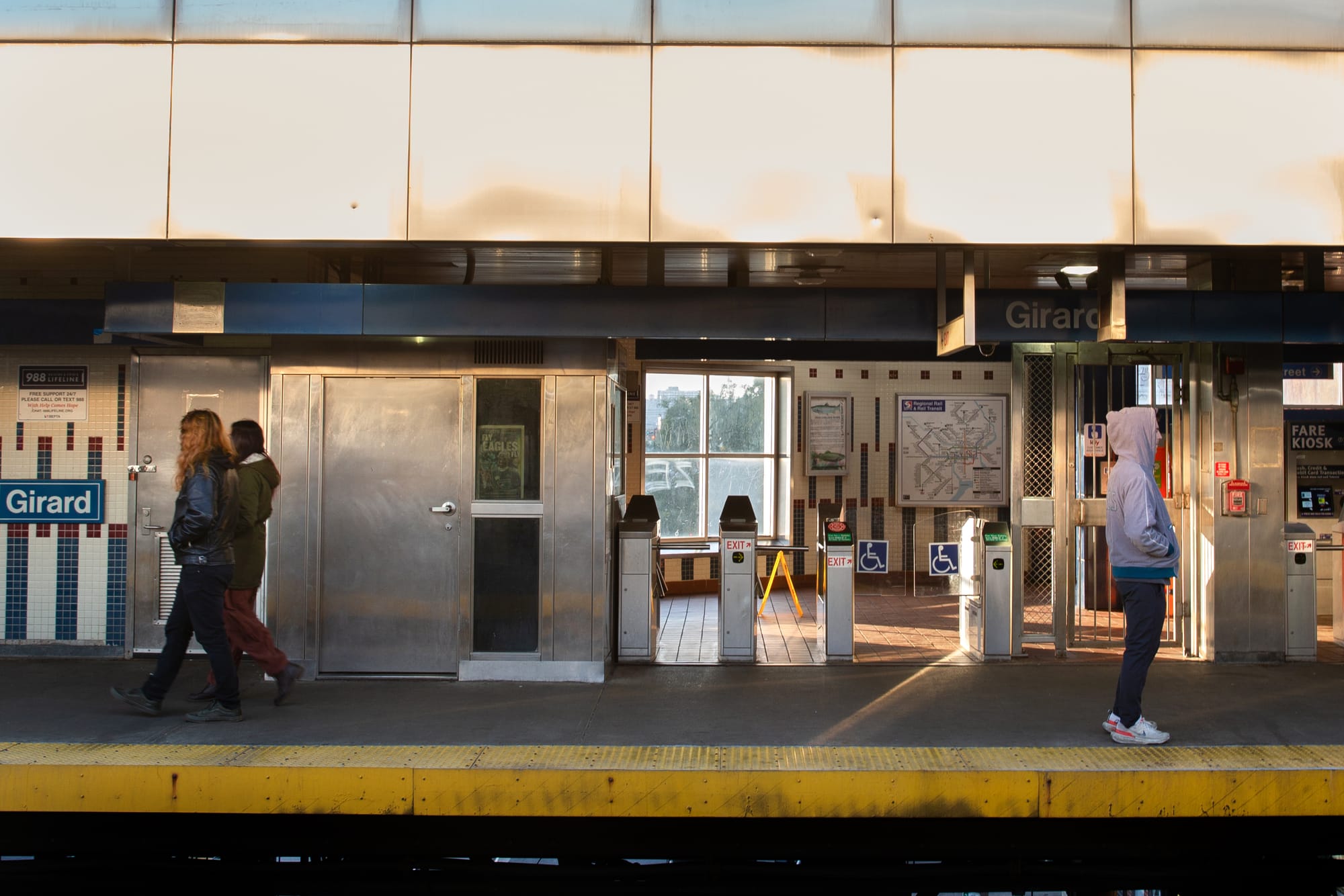As The Economy Becomes Even More Rocky, Samantha Lyons Offers Insight
"Particularly as a small business attorney, watching what has happened and looking at the history from the 70s to the 90s to now is really interesting."
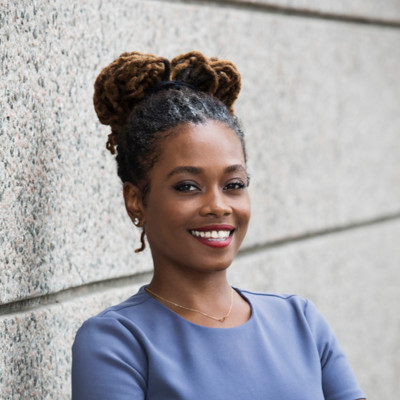
You do not have to be an economist to know that the economy is concerning right now, especially for our own community. Black women’s unemployment, which is on the rise at an estimated 6%, is often seen as an indicator of a worsening economic picture. The scale of the job loss for Black women in the last few months, to the tune of over 300,000, has drawn much criticism of the current administration.
But there are those in our community who are doing what they can to address what is happening, especially on the local level.
Samantha Lyons is a business attorney, strategist, and Director of WesGold Fellows, an internship program offered by VestedIn, a community development financial institution based in West Philadelphia.
WesGold Fellows is a curriculum-based internship and mentorship program that leverages the CDFI’s network to bring local high school students interested in business development into the fold. Working with college-aged instructors, participants network with entrepreneurs and politicians, learn about the public and private spheres, and prepare for careers in the business world.
Lyons, a native Philadelphian, spoke with The Download about working to mentor youth in the wake of COVID’s social dislocation, the potential impact of local tax reform, the Trump administration and Black women, and her own experience as a high school mentee when she shadowed Mayor Cherelle Parker.
Jordan Levy: “I’m curious about what [Gen Z] is going through, especially those who weren’t finishing up college when COVID happened. I know that the program serves ages 14 to 21, and wonder what getting admitted to the program looks like at different ages.”
Samantha Lyons: “We definitely think our sweet spot is 10th and 11th grade for this internship program, but we really provide the opportunity for high schoolers. So anyone between 9th and 12th grade. Then we also work with college students that we hire in order to lead and guide the fellows during the summer, our high school interns.
There are so many differences in what youth are experiencing right now that for us, a key portion of this has been that peer interactive piece.
You kind of mentioned one other thing early on, and that was normalcy. And what is that? I don't think that's just something that Gen Z is battling with. I think it's something that we're all trying to figure out.
Mayor Parker wants all of us back in the city. She wants us walking again, but folks have decided, ‘I love being remote, that works for me and my family.’ So, you know, how do we find that balance and what is normalcy?
One thing I recognized, especially right after COVID is, from the high school students to the college coordinators, there was a social development opportunity, and a really critical moment that happens during that high school phase, during that beginning of college.
I think there's a lot of social development that was lost or that retracted. But I also think there are a lot of things that we realized about ourselves and how we communicate. High schoolers are trying to find that.”
JL: “You brought up Mayor Parker, which has me thinking about the overall frame that you start at in the program. Both the Mayor and Council President justified the business tax reduction schedule that the city is on by saying, ‘We need to do more to be open for business.’
Is the framing of Philly in the regional and national economy similar in your program? How do you set that baseline?”
SL: “Particularly as a small business attorney, watching what has happened and looking at the history from the 70s to the 90s to now is really interesting.
Recognizing in the 90s, that was when the BIRT was put into place, ideally, to make it easier for small businesses, right? So small businesses, if you're not making, I think it's $100,000 you have an automatic exemption. To remove that now, so many years later ...
I feel like I understand the goal, right? It is for [the] long term, and I think you mentioned this, is to make it more accessible.
But in the short term, I think for a lot of small businesses, this is going to feel very jarring. There are costs associated with it, things they've never had to worry about. And for a lot of businesses, if you're only making $55k, that's a very small profit margin. I think they are definitely going to feel it, at least in the short term. This is a result of people saying that PA was unconstitutional in how it operated.
But I've known Mayor Parker since I was a high schooler through a youth thing she had called YPU, Young People United. We used to meet in Mount Airy. I think it's funny because, to bring it back to the WesGold fellows, how do we approach this conversation, and how do we approach sharing with them?
One thing I've always recognized is that Cherelle Parker has always been very committed to her community and to the city. And so if that's the intention, where do we start with the fellows when we're starting the same way, where we're exposing youth to, ‘this is how the city works, this is what happens in your community,’ the way she did for me when I was a teenager, right?”
JL: “I do wonder how you feel about the impact on community economic development that this administration in Washington has. On small business development, minority small business development, with some of the funds and offices they've shut down outright? Those are the things that are the undercurrent to the big stories, like a Lisa Cook.”
SL: “Casually, this is just wild.” [laughs]
JL: “Yeah.”
SL: “I mean I'm laughing, but it's not actually funny. It's like how you laugh when you're scared.”
JL: “Oh yeah.”
SL: “A friend and I were talking, and the conclusion that we came to is that this is the first generation that will have less rights than the generation before them, historically. That is insane, and it's sad.
I feel like elderly people are so sad for us. They're so sad and they're frustrated because they feel like their efforts — not they feel like, they're watching — their efforts be just dispersed and dismantled.
This current administration made a decision to repeal, dismantle, upend, pretty much any ... [pauses]There's the Minority Business Administration, you know, any SBA (Small Business Administration) programs, SBA 8(a) programs that are focused on contracting and really help minority and female entrepreneurs grow. And that's on the federal contracting and business side, and entrepreneurs.
All right, so you've got the changes to entrepreneurship and administration, you’ve got changes to businesses that, yes, are absolutely going to affect black female-owned businesses. And then in addition, black women have also historically been some of the highest employed in government jobs just because of the stability, because of the consistency. And so, you know, this does feel just like an attack on the financial stability of Black and brown communities.
What I think is happening on a national level feels like we're undermining our own economic growth and development. For what reason?
I'll let other folks answer that, but that's what it feels like to me. It just seems sad.”
JL: “I do want to circle back to Young People United and that era in your life, what that experience meant to you, and how it might even inform how you think about providing experiences for young people.”
SL: “When I was working with YPU, I think at this time, Cherelle Parker was still one of the assistants to Councilwoman Marian Tasco. It was a small group of us, maybe like six of us, that were with her, shadowing what she did. Sitting in meetings and talking about what we can do in the city.
I went to Girls High, and we’d get signed out to go down to City Hall and talk with Mayor Parker about something. Well, not at the time, right? I’d talk with Councilwoman Tasco and sit down with — at the time she's like, ‘you could call me Cherelle,’ we call her Mayor Parker now, obviously — but, you know, sit down with her and just be a part of the process.
That experience for me, I think to some extent, is probably why I want to make sure that we're mirroring unique and amazing experiences, but also ones that should feel absolutely normal and absolutely comfortable to our fellows. Like engaging and going down to City Hall or sitting in on a meeting or deciding that you want to be a councilperson.
I think the goal of WesGold Fellows is to [be] a much more dramatic version of Young People United. Where we've got youth doing a similar thing, shadowing, having experiences, and being able to put their toe, and even more, into the door and into the pools of places and industries that they are truly interested in.
Where we say, ‘what do you love to do?’
From then on, find a space that you love.”
